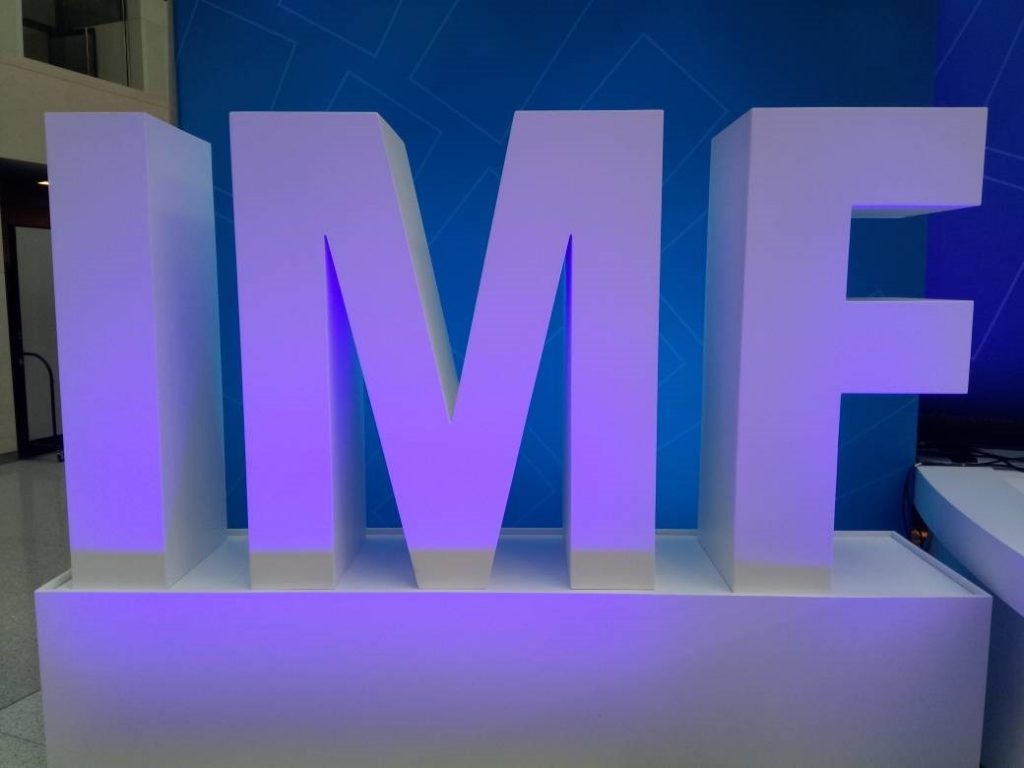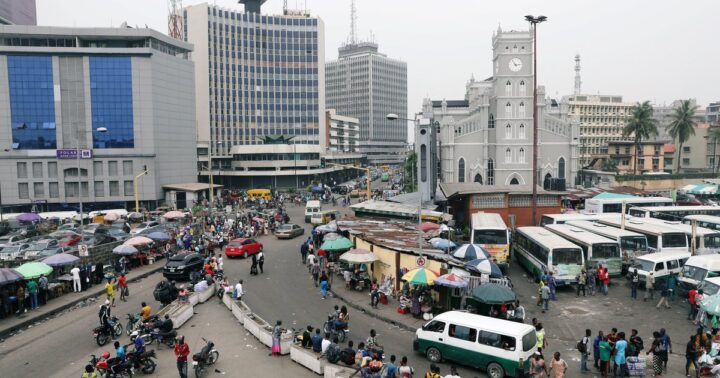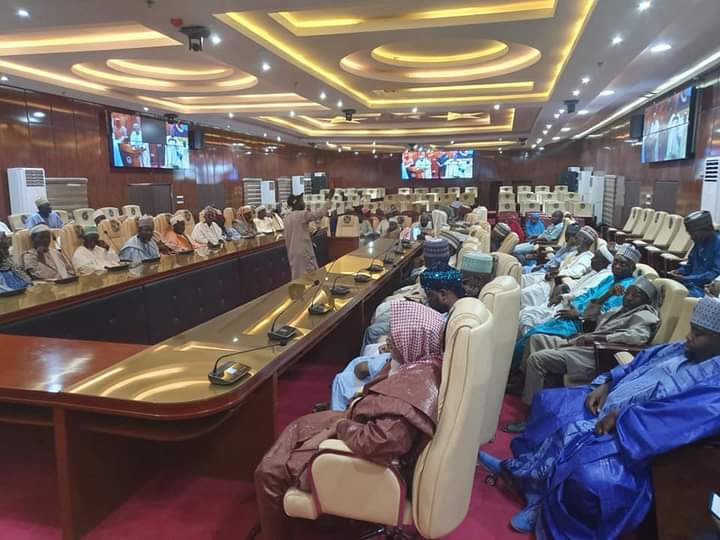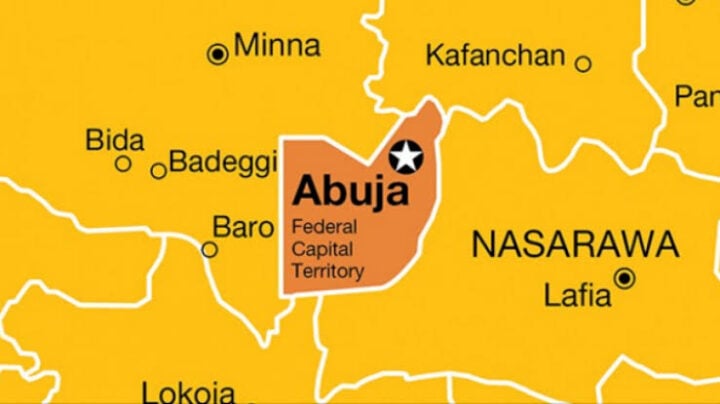In January, the International Monetary Fund (IMF) projected a growth rate of 2.7 per cent for Nigeria’s economy in 2022.
Despite the impact of the Russia-Ukraine war on the global economy, IMF, in its April World Economic Outlook (WEO) report, pulled a surprise report on Nigeria’s growth forecast, projecting a 3.4 per cent growth in 2022.
The latest forecast contradicts the current economic realities in Nigeria as unemployment high prices put pressure on purchasing power across the board.
Specifically, the country’s inflation rate continued to accelerate since the beginning of the year, increasing from 15.63 per cent in December 2021 to 15.92 per cent in March 2022.
Advertisement
The last figure was the highest rate recorded since October 2021.
IMF SEES HOPE IN NIGERIA’S ECONOMY
Despite these realities, IMF has constantly seen hope in Nigeria’s economic strength.
Advertisement
Interestingly, the upgrade of Nigeria’s growth rate comes as it reduced the global growth projection to 3.6 per cent in 2022 and 2023.
In Sub-Saharan Africa, according to IMF, food prices are also the most channel of transmission, although in slightly different ways. Wheat is a less important part of the diet, but food, in general, is a larger share of consumption.
The report added social and political turmoil, most notably in West Africa, will weigh on the outlook, but the overall growth of the region will be 3.8 per cent in 2022.
“So, it tells you that African economies will have some resilience against global events, and this is the fact as [to] the reason for the upgrade,” Shakirudeen Taiwo, economist at Nigerian Economic Summit Group (NESG) told TheCable.
Advertisement
WHY NIGERIA’S GROWTH RATE WAS RAISED

IMF said the upgrade was due to high global prices, which means “prosperity” for Nigeria as the continent’s major oil exporter.
Taiwo added the inflation currently affecting the US currency was another reason for the upgrade.
Advertisement
According to him, Nigeria’s import bill is expected to decline, and export is expected to go up “since everything is dollarised”.
He said factors like the shift from the swift payment system, the move of payment flows to China, close ties between Nigeria and China suggest that “Nigeria’s import bill is expected to maybe slightly or moderately reduce in terms of naira value”.
Advertisement
“China relies on Nigeria for the supply of metals, so, our export bill will go up and that is going to affect positively our trade accounts. So, our current account balance will also slightly improve,” he said.
“All these are positionings that IMF is looking at to upgrade us from 2.7 to 3.4 per cent which is a good thing for Nigeria.”
Advertisement
CAN THE PROJECTION BE ACHIEVED?
Unfortunately, the combined effect of low production, crude oil theft, rising petrol subsidy, and inflation means that Nigeria may struggle to realise the economic growth projection.
Advertisement
According to Taiwo Oyedele, fiscal policy partner and Africa tax leader at PwC, these problems need to be addressed if the growth rate must be achieved.
“With the right policies and decisive actions to address the challenges facing the country’s petroleum sector, coupled with a more intentional implementation of the Petroleum Industry Act (PIA) and a strategy to harness investment opportunities arising from the current geopolitical dynamics of the Russia-Ukraine war, Nigeria can achieve and surpass the growth projections,” Oyedele said.
On Wednesday, David Malpass, president, World Bank Group, also advised Nigeria to rethink its steps on the petrol subsidy policy.
Malpass said Nigeria has a huge opportunity because of its natural resources but needs to improve on policies to accelerate growth.
Add a comment







